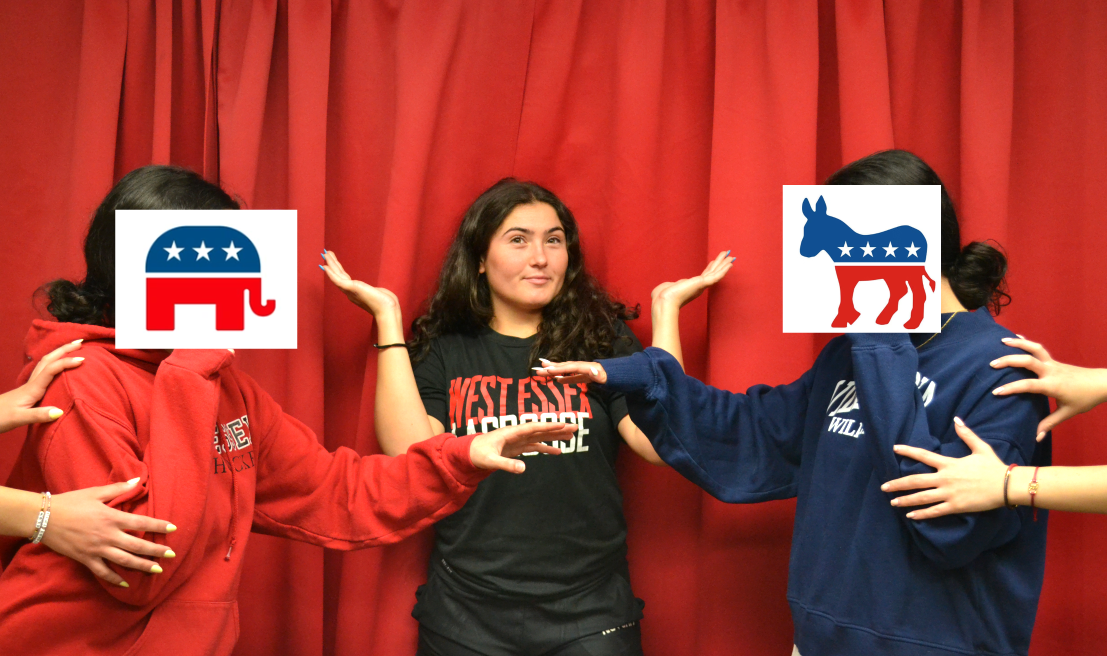Sports are a staple part of many students’ high school experiences; they join teams to be part of a community, boost their resumes and remain active during the school year. These benefits are often overshadowed by the darker side of competition: in the worst cases, an atmosphere of extreme toxicity and even verbal abuse.
Coaches set the tone of practices and are an example for their teams. Their actions are mirrored by players, consciously (as they follow coaches’ rules) and subconsciously (as they view coaches as role models). The purpose of coaches is not to terrorize teams. However, because of heightened competition and the goal to win at any cost, in some cases overbearing coaches become tyrants.
We all know stories of people who’ve felt terrorized at practices and games, being singled out and screamed at unnecessarily. Coaches emphasizing flaws in a player’s game or even their character exacerbate the situation, harming self esteem and motivation; snide comments embarrass athletes and can make them reluctant to attend events. Never mind rude remarks by peers—bullying behavior from an adult figure goes far beyond discipline. Is it productive, or frankly even worth it, for a “role-model” adult to be a high school athlete’s biggest nightmare?
Beyond coaches, the split system of Varsity and JV squads also causes strain. They’re meant to separate students based on skill level, but it can also create a hierarchy, allowing more experienced players to lord their varsity status over the “lesser” squad. The program should feel like a family, but in bad environments, “making varsity” as an aspirational goal suggests that JV teams hold no significance. Even if JV teams boast more impressive records, they can feel minimized.
At the end of the day, divisive behavior enforces the idea that a team is in fact a hierarchy. It is important that athletes, no matter what level they are on, see their teammates as equals, and act as such. Without that, this toxic atmosphere transfers off the court and field. Yes, athletes should focus all their energy on aiming for a win, but high school sports need to be taken less seriously if the real price is this sort of uncompromising environment. They should be fun and should never be the cause of trauma or extreme anxiety in teens.




